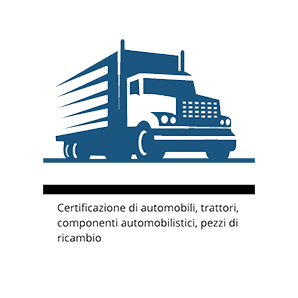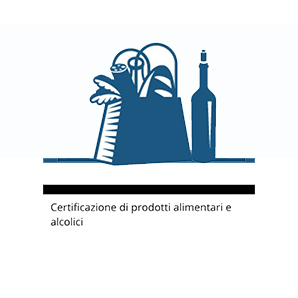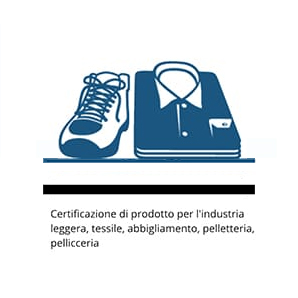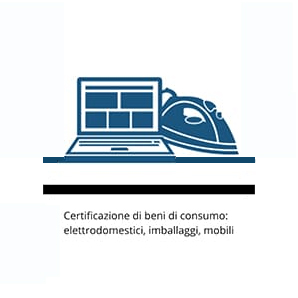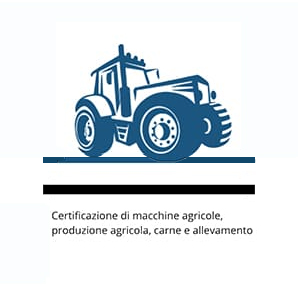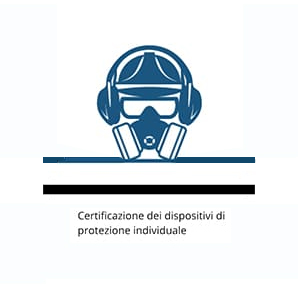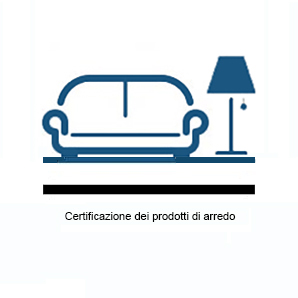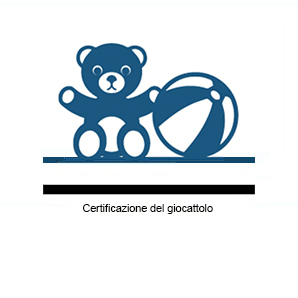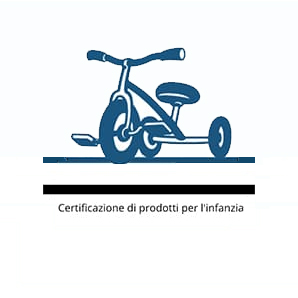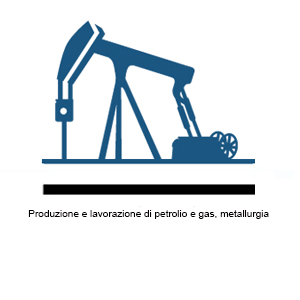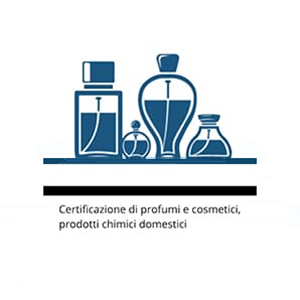ISO 50001 certification
The certification of Management Systems according to ISO 50001: policies for improving energy efficiency, reducing costs and meeting customer expectations
Due to the Coronavirus emergency, the transition period for the transition of accredited certifications from ISO 50001: 2011 to ISO 50001: 2018 has been extended by IAF (International Accreditation Forum) to February 19, 2022. The ISO 50001 standard 'Management Systems of Energy ”is an international standard aimed at supporting organizations to pursue continuous improvement of energy performance, including energy efficiency, consumption and use of energy. The ISO 50001 certification therefore helps public and private companies, of any size and type, to develop a systematic energy management, aimed at improving efficiency and energy use and consumption: a management that leads, on the one hand, to benefits economic benefits, on the other hand to benefits for the environment. The ISO 50001 standard The structure of the standard, as per 'tradition' for standards relating to management systems, is based on the Deming cycle (continuous improvement) and on the “Plan-do-check-act” (programming, program execution, test and control, action) .. The criterion is therefore to plan and act on the basis of the identified objectives. In order to effectively address energy problems, the main critical issues must be analyzed and assessed in order to then define operational choices for their management. After implementing the identified measures, the efficiency of these measures is assessed and any new weaknesses are analyzed. On the basis of this control phase, the planning cycle restarts by defining new objectives. The standard, in the most recent edition of 2018, has been revised on the basis of the high level structure, HLS (High Level Structure) common to all ISO standards for management systems. Therefore it will be easier to integrate with other certifications for the management system such as ISO 9001 relating to quality management systems and ISO 14001 relating to environmental management systems. ISO 14001 is recognized as a standard for Environmental Management System certification for organizations of all sizes. Based on the 'Plan-Do-Check-Act' methodology, it provides a systematic framework for the integration of practices to protect the environment, preventing pollution, reducing the amount of waste, the consumption of energy and materials. The advantages of ISO 14001 certification The Certification of the Environmental Management System in accordance with the ISO 14001 standard is a strategically rewarding intervention. In fact, an Environmental Management System allows an organization to pursue objectives and implement policies that take into account legal requirements and information regarding significant environmental aspects. Specifically, the development of an Environmental Management System, certified according to the UNI EN ISO 14001 standard, allows the systemic management of the environmental aspects inherent to the processes, with a view to efficiency and improvement of environmental performance, allowing to obtain various advantages, including: The system is based on some fundamental principles:
- a declared and well-defined energy policy with objectives, targets, programs and resources;
- control of legislative obligations regarding use and consumption and energy efficiency;
- knowledge of the uses and significant energy consumption;
- continuous improvement of energy performance;
- the training and awareness of people within the organization;
- the traceability of the actions taken to achieve the objectives and operational control;
documentary registration.
The voluntary approach to the standard allows organizations to set the objectives to be achieved and the relative timing of implementation, allowing them to reduce costs thanks to a system logic, but also to contribute to the improvement of the environment. The advantages of ISO 50001 certification The application of a valid energy management system allows organizations to:
- improve their energy performance and reduce costs through systematic energy management;
- organize, develop, maintain and improve an energy management system that complies with its declared energy policies;
- raise awareness among its users / employees / customers / citizens about the responsible use of the energy resource;
- reduce greenhouse gas emissions;
- monitor compliance with mandatory energy legislation;
strengthen the organization's policy on environmental sustainability.
Why get certified with Cm Group The certification of management systems acquires more value on the market the more authoritative the body that issued it is. Cm Group represents the most important Italian reality in the field of conformity assessment and, in the field of management systems certification, it is among the first bodies in terms of the number of certificates issued. Its auditors are present throughout the national territory; they boast experience, competence, updating and contribute to offering a useful service not only to organizations, but also to the users of the latter's commitment: customers, consumers, all interested parties.



